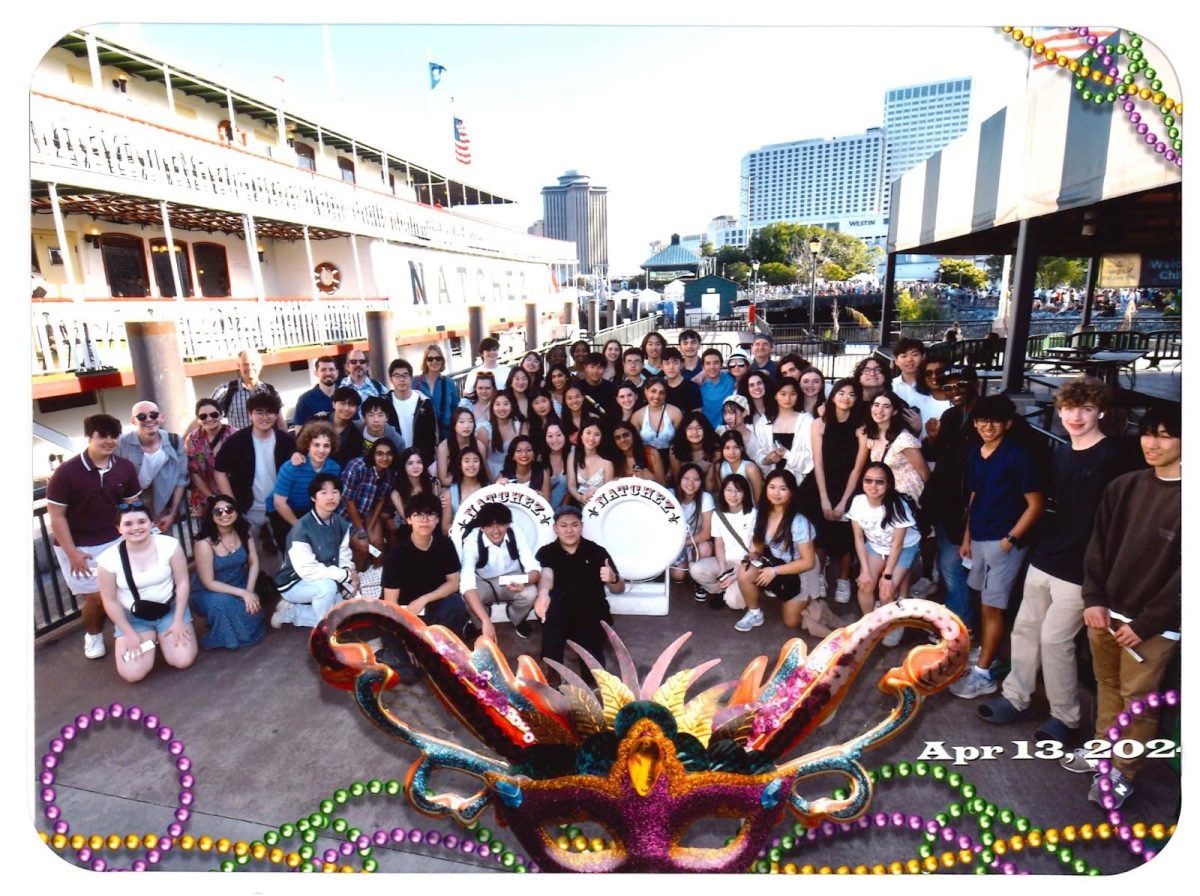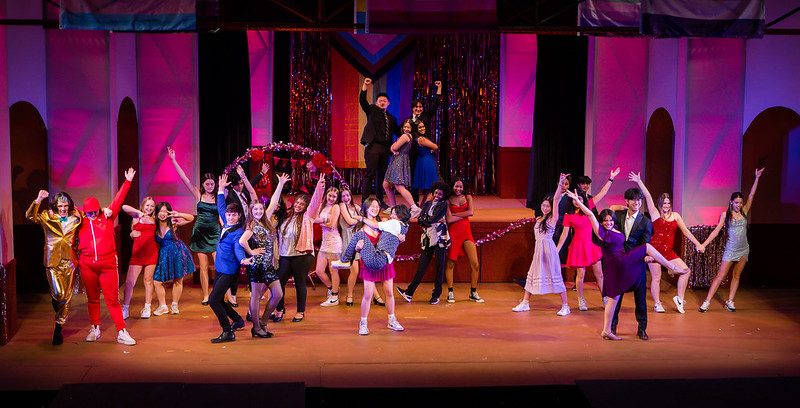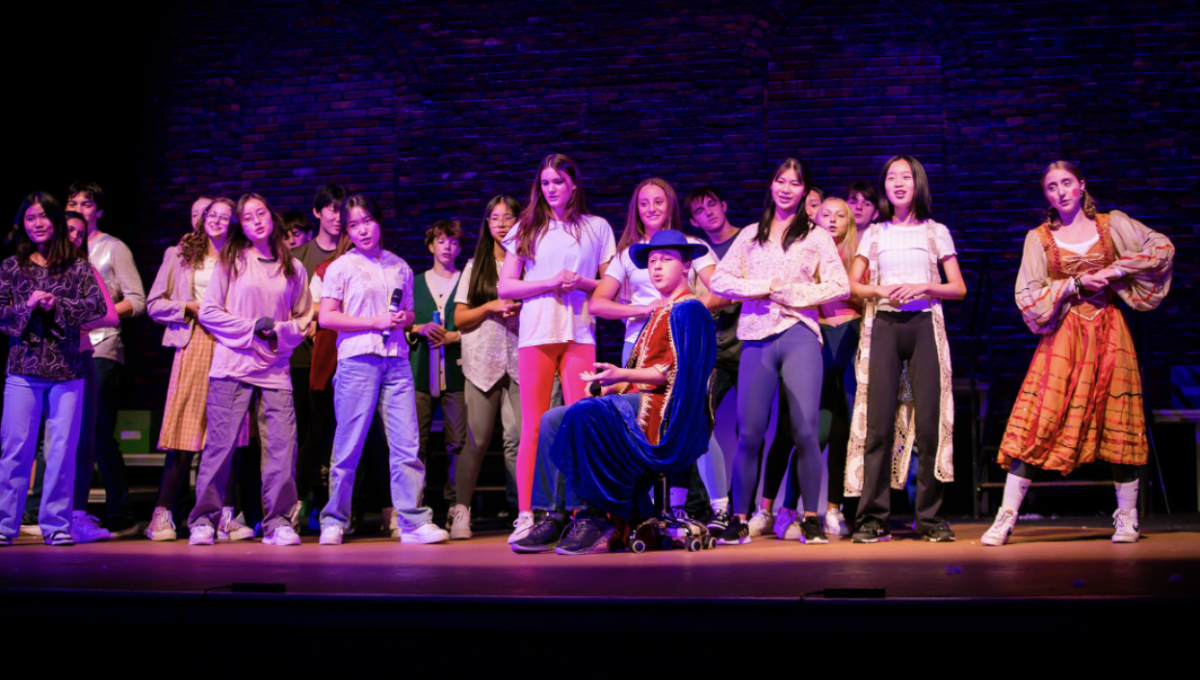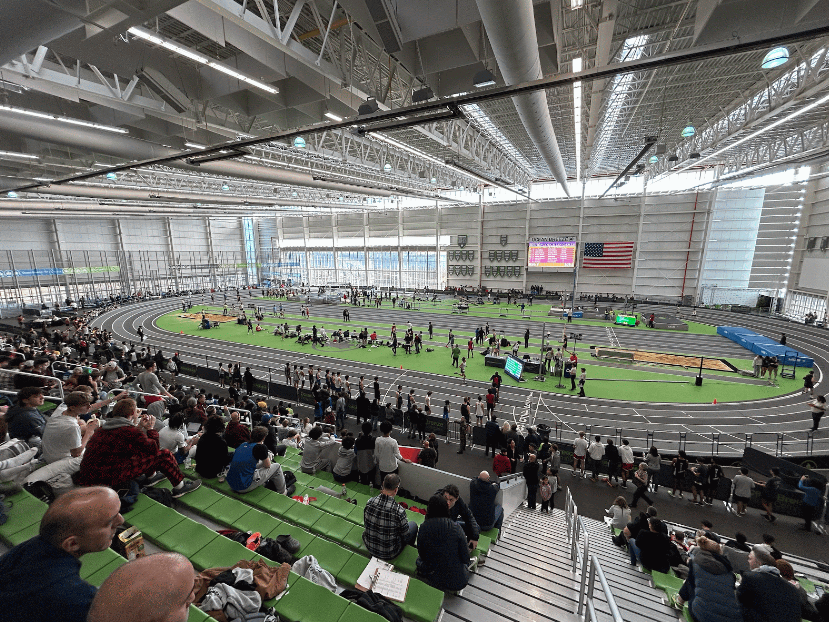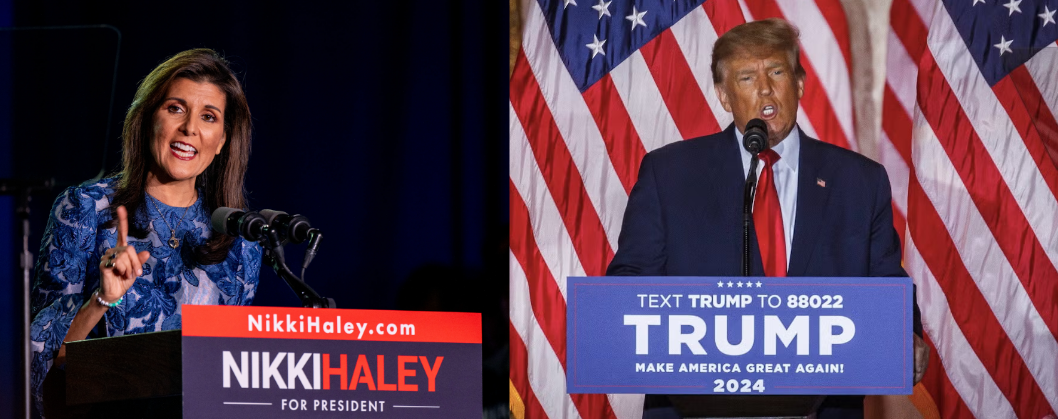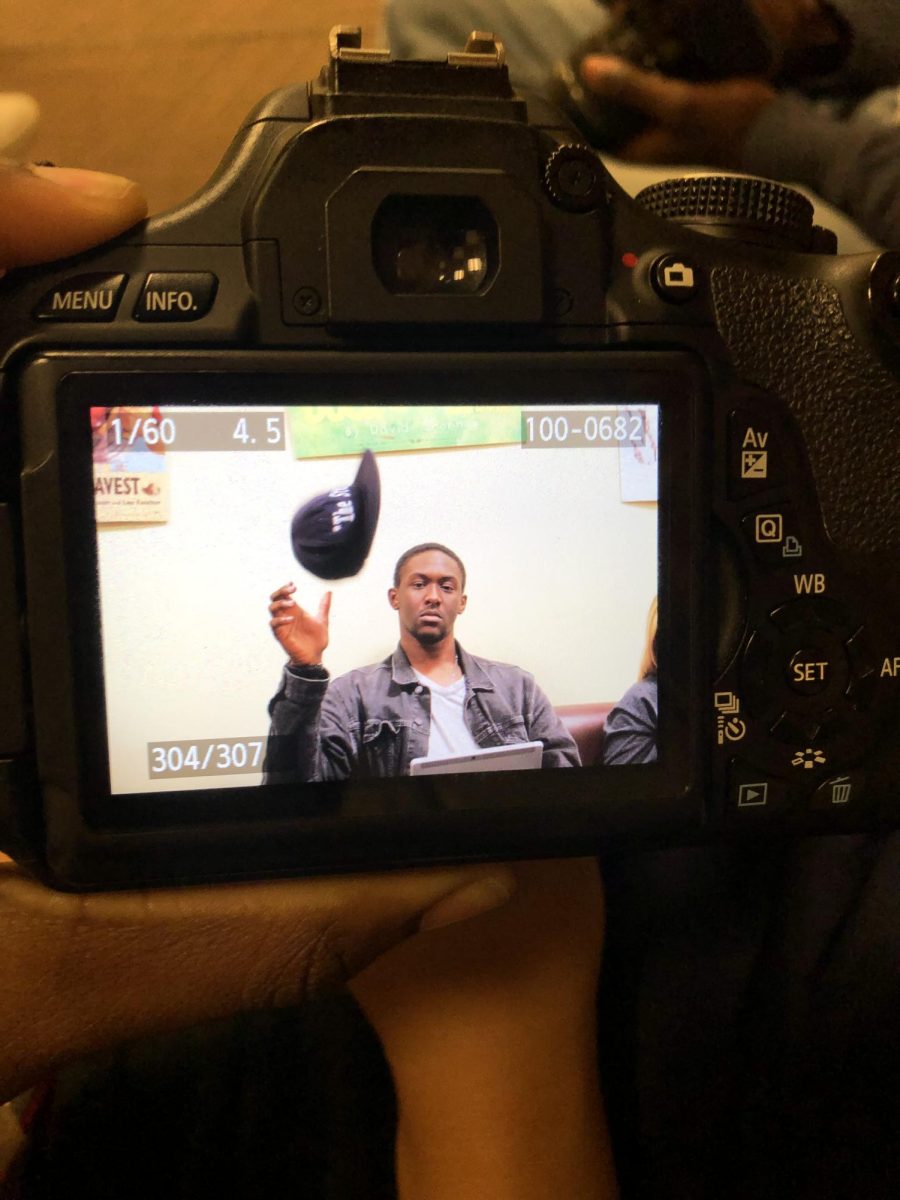The Fight for Women in Iran
April 20, 2023
Since the late 19th century, Iranian women have been fighting for their rights, but their solidarity and determination have never been as great as today. By Iranian law, women are required to wear hijabs “properly” once they have reached puberty. Failure to do so can result in physical punishment such as whip lashes or two months of imprisonment.
The strict dress code for women over the age of nine is enforced so heavily by the morality police that they often have to pay with their lives. Additionally, loose clothing is mandatory to conceal any shape of a woman’s body.
Women who once wore the hijab as a symbol of devotion to Islamic culture are now forced to bear a symbol of political oppression. Those who chose not to wear their hijab or wear it in a way that is representative of them have now been stripped of the ability to choose. The interpretation of the hijab has been abolished, and it is now the morality police who decides if a hijab is being worn correctly.
Power is consistently stolen from women and handed to their husbands. In an effort to increase the Iranian population, the Iranian government passed the Population Law in 2021, which outlawed sterilization and free contraception that once protected women’s bodies and reproductive rights.
Oppression of women is experienced all the way from the age of 13, which is now the legal age for marriage. Men are allowed to have numerous wives of varying religions, while a woman can be sentenced to death for adultery. Husbands gain virtual control over their wives as they can divorce them at any time they choose, even without them being present. On the contrary, women can only get a divorce in court and must provide proof that they have been physically or psychologically abused by their husbands.
Women have not sat idly and watched their rights be stolen. And, when a woman does speak out, it is often the last time. The government has gone and continues to go to extreme lengths to silence those who fight for women’s rights.
The issue has gone global, and notably in the 2022 Fifa World Cup. On November 21, 2022, the Iranian men’s soccer team stayed silent as the national anthem played to signify the start of their match against England. Usually, the players sing their national anthem along with their fans in the stands to show their pride and how grateful they are to represent their country. In defiance of the oppressive Iranian regime, the players did not sing. Unsurprisingly, this segment was not televised in Iran to discourage resistance.
Iranian fans have been shown celebrating in the streets of Qatar when their team lost to the US national team in the group stage of the tournament. The refusal to want their country to succeed demonstrates the divide between the people and the government in Iran. Fans across the world have come together in the stands to proudly display the motto: “Woman Life Freedom” on Iranian jerseys and flags as their struggles are being televised.

